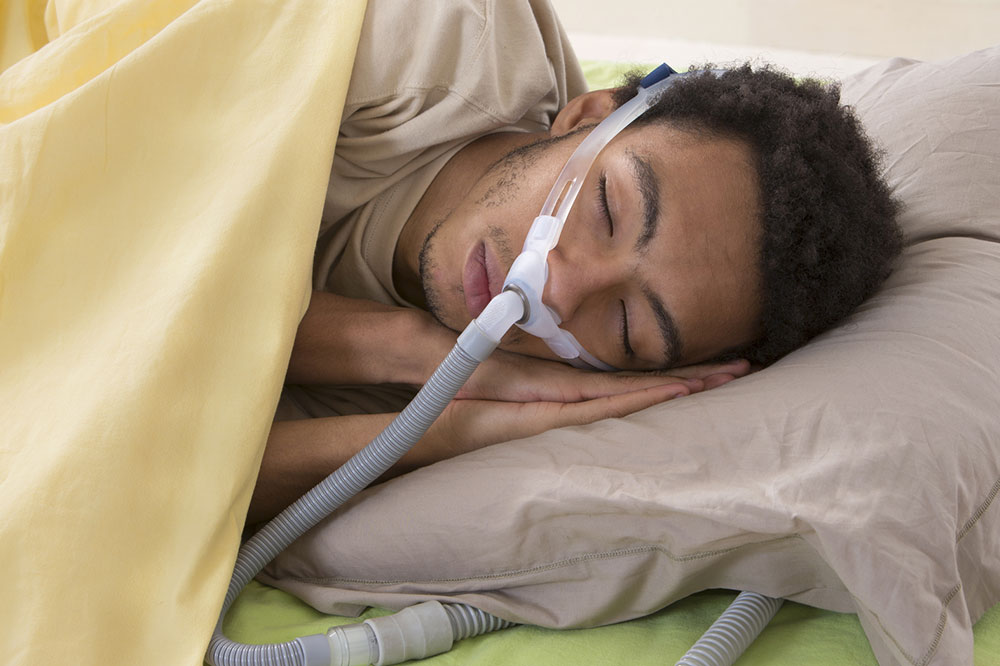
Symptoms and Risk Factors of Sleep Apnea
Sleep apnea is a grave sleep disorder. It might hamper breathing while sleeping. At times, an individual’s breathing might repeatedly start or stop while sleeping. Many different forms of sleep apnea exist. However, the most prevalent of these is obstructive sleep apnea. Here, in this article, we’ll discuss some common symptoms and risk factors of sleep apnea.
Symptoms
Some of the common signs of sleep apnea are:
- Excessive sleeping during the day
- Snoring, which is usually loud
- Abruptly waking up in the middle of the night with the feeling of choking and gasping
- Episodes of breathing completely stopping while sleeping
- Waking up in the middle of the night with a sore throat or a dry mouth
- Headaches in the morning
- Inability to concentrate
- Frequent mood swings
- Constant irritability
- Depression
- Excessive sweating while sleeping
- Decreased libido
- High Blood Pressure (BP)
Risk Factors
Risk factors are the factors that make you more vulnerable to developing sleep apnea compared to others. Here, we have covered some of the most common risk factors associated with the condition. These include:
Obesity
Being overweight is a common risk factor of sleep apnea. People who have massive fat deposits, especially their upper airways, tend to suffer from sleep apnea. It is so because the excess fat might obstruct their breathing. Furthermore, different health conditions arising from obesity, such as polycystic ovary syndrome (PCOS) or hypothyroidism, can also lead to this disorder. However, it is important to note that not everyone who has sleep apnea is obese or vice-versa. The disease can develop in thin people, too.
Hypertension or High BP
Sleep apnea is also more prevalent in people who suffer from hypertension or high BP.
Narrowed airway
Unfortunately, a narrow airway is usually inherited. So, if you have inherited a narrowed airway, you might experience sleep apnea. At times, sleep apnea might also be caused when your adenoids or tonsils grow larger and block the nasal airway.
Persistent nasal congestion
People suffering from nasal congestion at night are at twice the risk of getting sleep apnea, irrespective of the cause.
Sex
Usually, sleep apnea is more prevalent in men as compared to women. Though the risk of this disease is rare in premenopausal women, the chances increase in women post-menopause.
Asthma
Several studies have determined an association between sleep apnea and asthma. Hence, it is believed that people with asthma are fairly more susceptible to develop sleep apnea as compared to others.
Family history
If your family members have or had sleep apnea, your risk of developing the disease is more than others.
Diabetes
Usually, sleep apnea is more prevalent in people who have diabetes.
Smoking
Those people who engage in cigarette smoking or those who are constantly around people who smoke are at a heightened risk of developing sleep apnea as compared to others.



